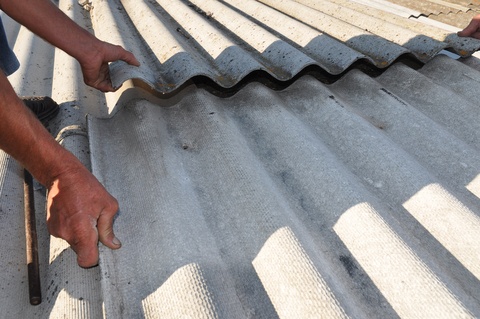Treatment Options Improving in the ‘New Era’ for Mesothelioma
Calling it a “new era” for malignant pleural mesothelioma, doctors from four of the nation’s top cancer centers have just published an update on treatment options for this rare disease. The article was prepared by mesothelioma experts at MD Anderson Cancer Center in Texas, NYU Langone Medical Center, Memorial Sloan Kettering Cancer Center in New York and the Mayo Clinic in Minnesota. The article in the Journal of Clinical Oncology highlights the recent FDA approvals of a new medical device and a new immunotherapy combination for pleural mesothelioma. The authors say these and other advances are “generating momentum” to find better mesothelioma therapies. Tumor Treating Fields Changing the Game Pleural mesothelioma is fast-growing and difficult to treat. Mesothelioma rarely responds…









